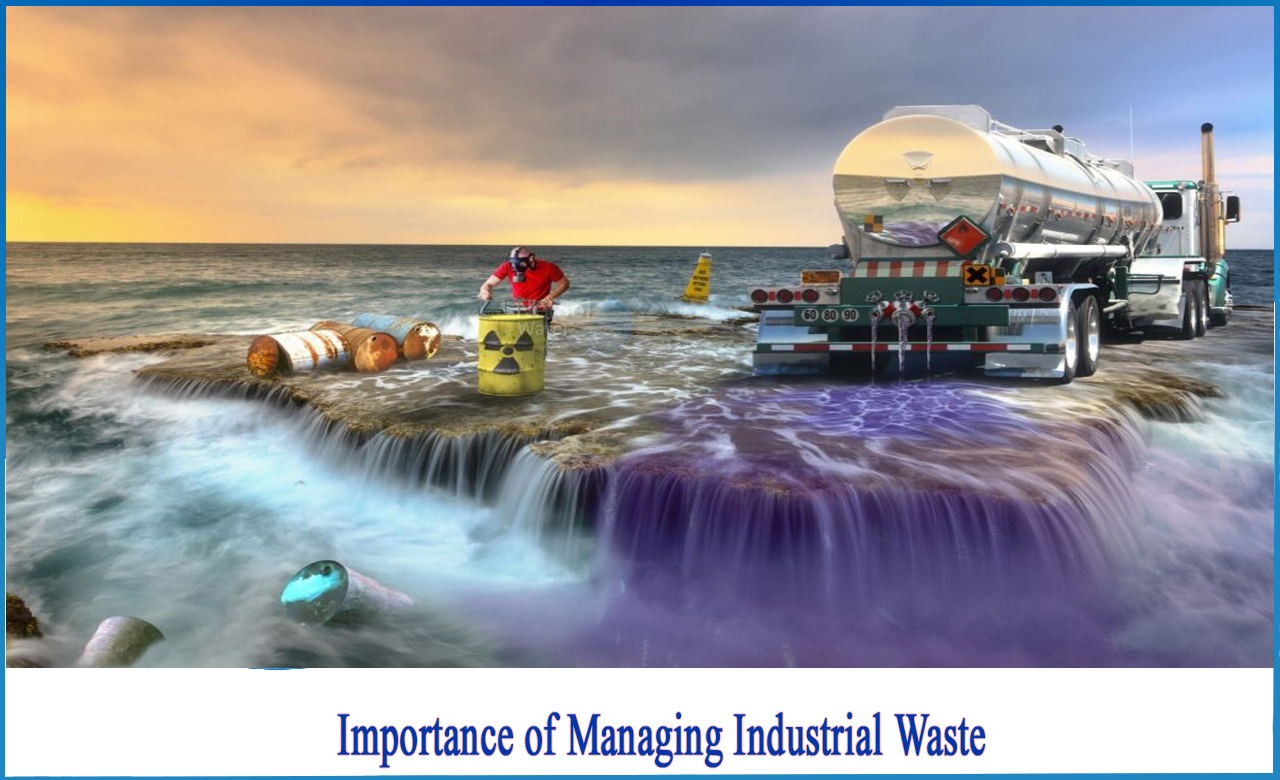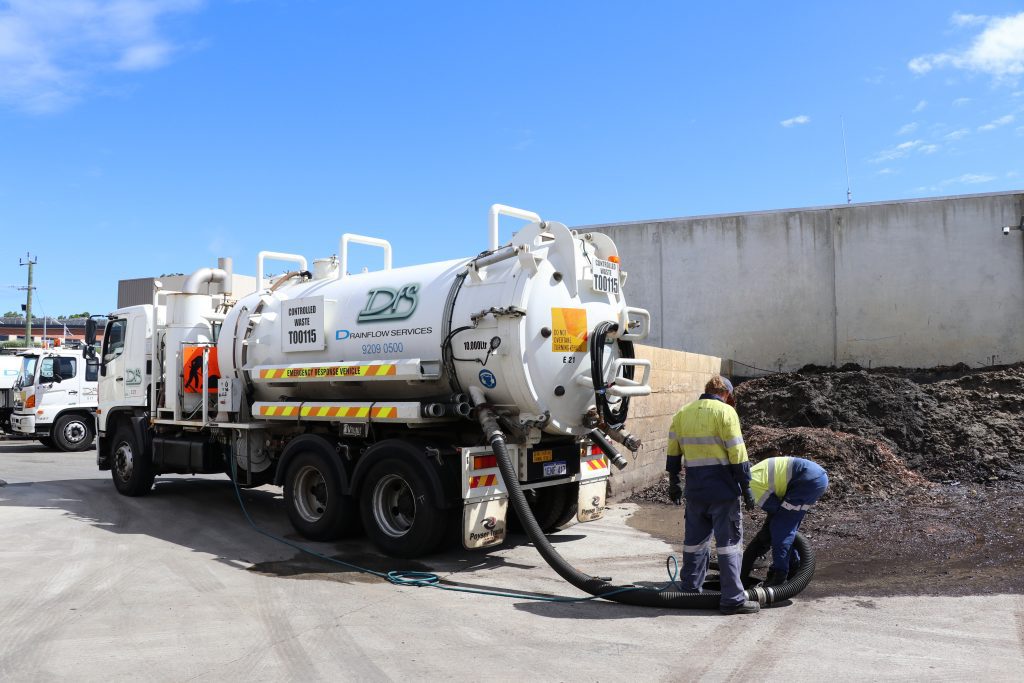8 Simple Techniques For Reclaim Waste
Table of ContentsA Biased View of Reclaim WasteWhat Does Reclaim Waste Mean?Not known Details About Reclaim Waste Reclaim Waste Can Be Fun For EveryoneGetting The Reclaim Waste To Work
Discover the kinds, occurrences, and kinds of liquid waste. Residential sewage waste refers to the waste and products from a domestic septic tank. This kind of waste is developed by people in homes, colleges, and other structures. This only includes septic systems that have a drainpipe area. The proper management and disposal of domestic sewage waste require fluid waste to be moved to a sewer treatment plant where the appropriate methods and devices are put on cleanse and take care of waste.
Business waste often consists of possible risks, such as combustible products or a mixture of liquid and solid waste items, and requires a much more advanced and detailed disposal procedure. The disposal of business waste typically includes the purification of waste prior to transport to ensure secure and proper disposal. Industrial waste is created from by-products and drainage of industrial procedures and production.
This type of waste can not make use of the very same sewage monitoring transportation or processes as septic or commercial liquids. The industrial waste monitoring procedure calls for the examination and screening of fluid waste prior to it goes through the disposal process (liquid waste disposal). Overflow waste is the fluid waste that comes from overflow and excess stormwater in highly booming areas or cities
Runoff waste can trigger contamination and flooding otherwise handled appropriately. Find out more concerning sewage system cleaning and waste administration. Making certain correct waste administration can protect against disasters and reduce ecological harm. Both individuals in residential setups and specialists in business or production industries can gain from comprehending the procedures and laws of liquid waste management.
Reclaim Waste for Dummies
Contact PROS Providers today to find out about our waste administration and disposal services and the correct ways to look after the liquid waste you generate.
(http://tupalo.com/en/users/7813759)Do you understand what takes place to your water when you pull the plug, flush the bathroom or drain the cleaning maker? No? Well, it's worth understanding. This supposed 'wastewater' is not only a vital resource but, after therapy, will certainly be launched to our land, rivers or the ocean. Made use of water from toilets, showers, baths, kitchen area sinks, washings and commercial procedures is recognized as wastewater.

water made use of to cool machinery or clean plant and tools). Stormwater, a form of wastewater, is overflow that streams from agricultural and metropolitan areas such as roofing systems, parks, gardens, roadways, paths and gutters into stormwater drains pipes, after rainfall. Stormwater flows without treatment directly to neighborhood creeks or rivers, ultimately reaching the sea.
The Single Strategy To Use For Reclaim Waste
In Queensland, a lot of wastewater is dealt with at sewage therapy plants. Wastewater is transported from residential or industrial websites through a system of drains and pump terminals, recognized as sewerage reticulation, to a sewage therapy plant.
The Division of Natural Resources suggests city governments about managing, operating and keeping sewage systems and treatment plants. In unsewered areas, regional federal governments may need homeowners to set up specific or house sewer therapy systems to treat residential wastewater from commodes, kitchen areas, shower rooms and washings. The Division of Natural Resources authorizes using family systems when they are verified to be reliable.
In some brand-new communities, therapy of some stormwater to get rid of litter, sand and gravel has actually started using gross toxin catches. Wastewater treatment takes place in 4 phases: Gets rid of solid issue.
Utilizes tiny living microorganisms understands as micro-organisms to damage down and remove continuing to be liquified wastes and great particles. Micro-organisms and wastes are integrated in the sludge.
The Single Strategy To Use For Reclaim Waste
Nutrient elimination is not offered whatsoever sewer treatment plants because it calls for costly helpful hints specialist devices. It is ending up being more common in Queensland. Clear fluid effluent produced after treatment might still contain disease-causing micro-organisms. If this effluent is launched right into rivers such as rivers or the sea, the micro-organisms will at some point pass away out.

This usually implies wastewater has actually to be dealt with or pollutants removed before it can be released to rivers. The majority of wastewater flows right into the sewerage system. Under the Act, city governments provide authorizations and permits for environmentally pertinent tasks (Ages) entailing wastewater launches that may have a neighborhood influence. The department provides authorizations and permits to ERAs including wastewater releases that may have a regional or statewide effect.
Some Known Facts About Reclaim Waste.
Or else, examples are considered laboratory analysis. Typically many tests are required to develop the levels of each of the different pollutants such as oils, hefty metals and pesticides in water. Monitoring provides valid info about water high quality and can confirm that licence conditions are being met. The info gotten via tracking provides the basis for making water top quality choices.